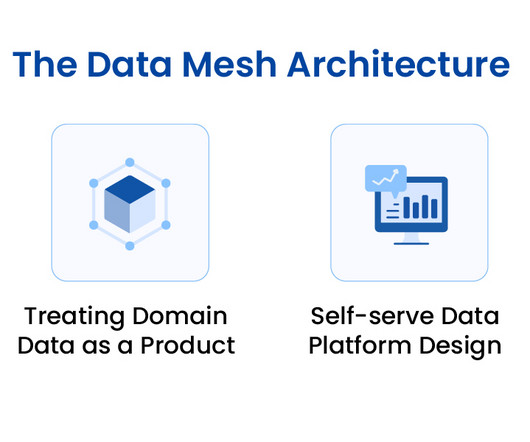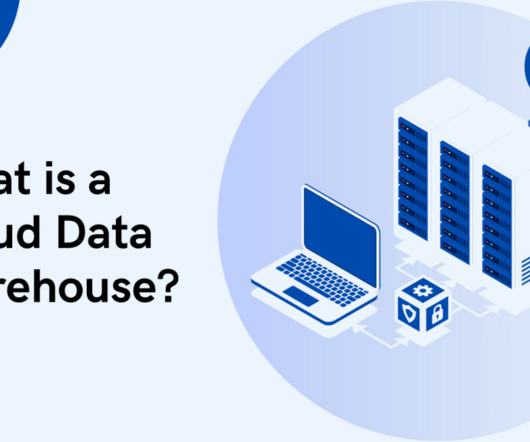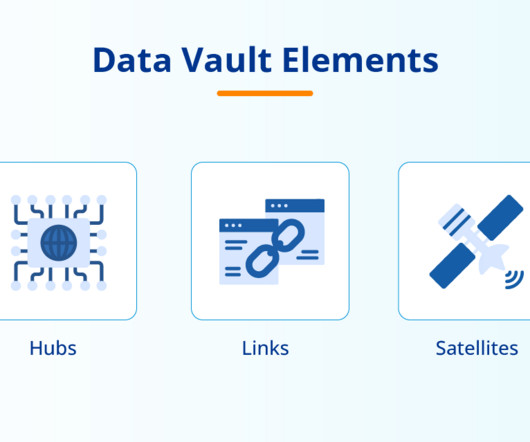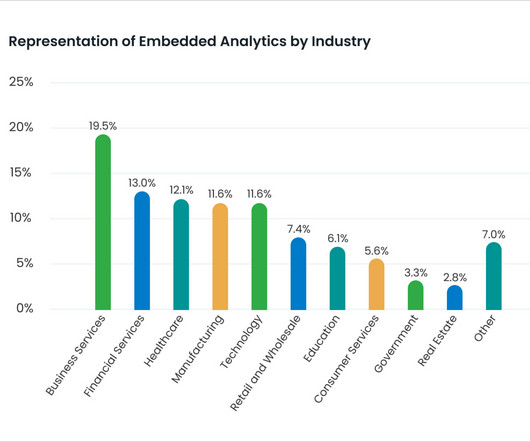What is Data Architecture? A Look at Importance, Types, & Components
Astera
JULY 3, 2024
What is Data Architecture? Data architecture is a structured framework for data assets and outlines how data flows through its IT systems. It provides a foundation for managing data, detailing how it is collected, integrated, transformed, stored, and distributed across various platforms.
















Let's personalize your content